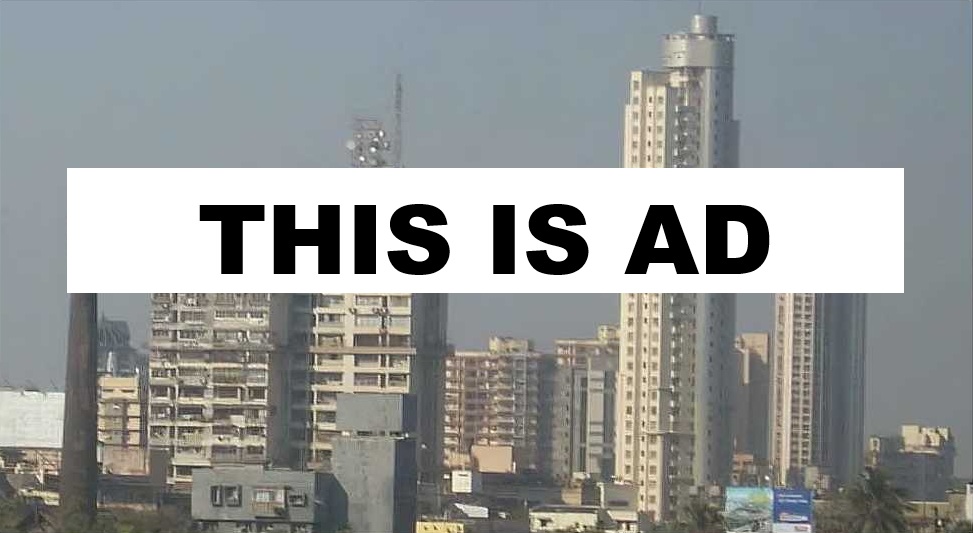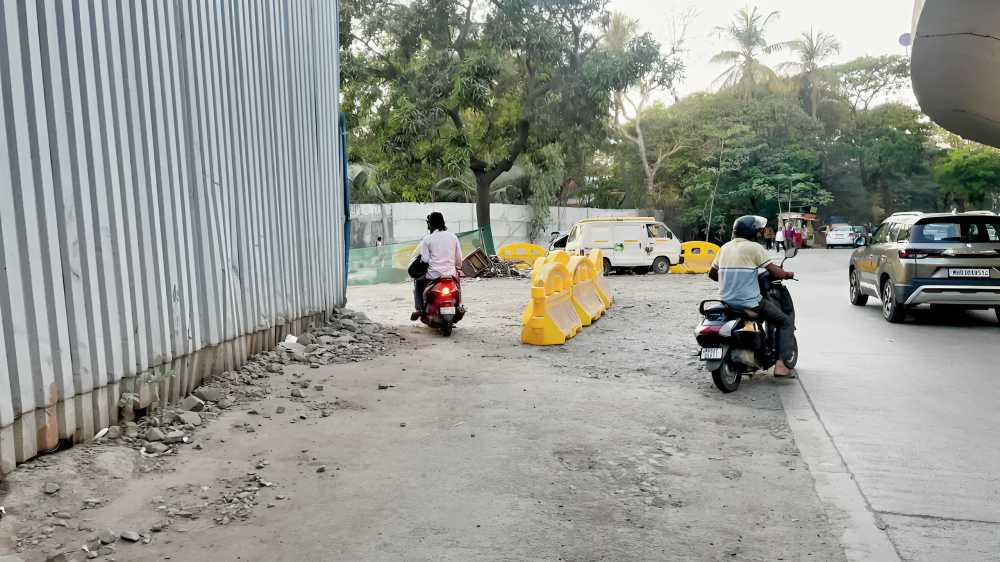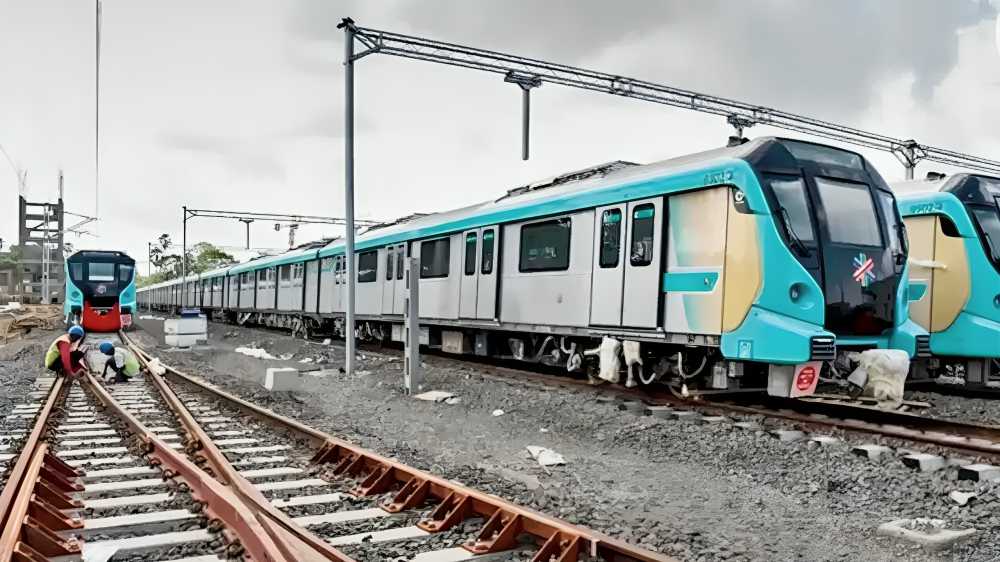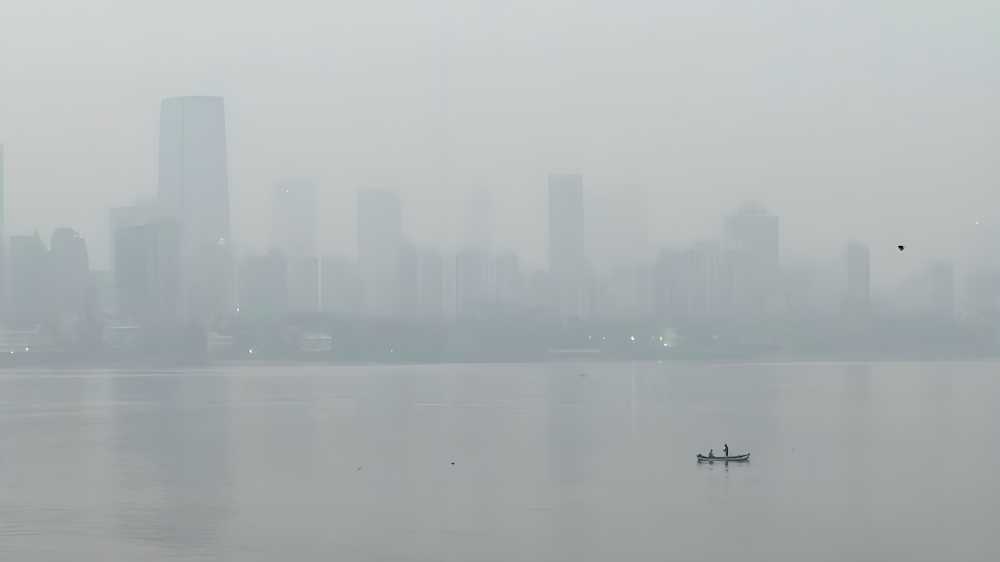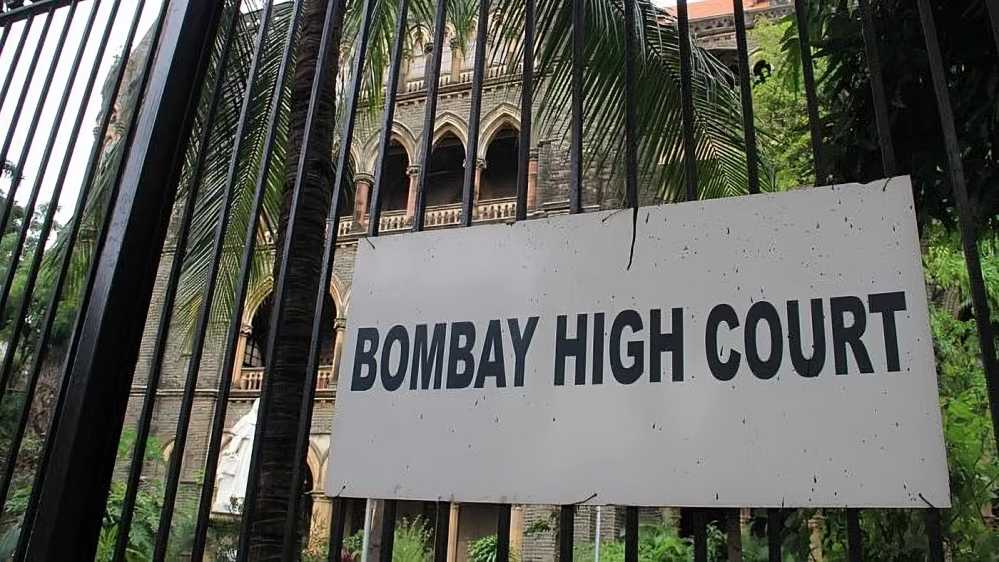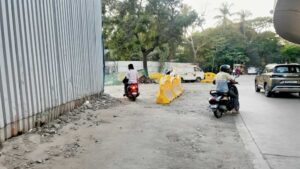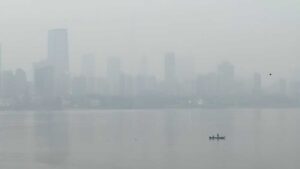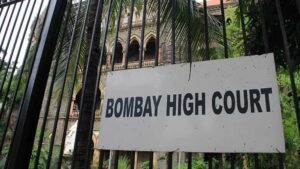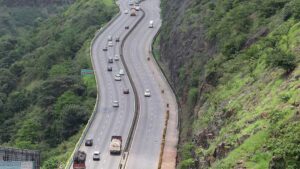June 19, 2025: The Brihanmumbai Municipal Corporation (BMC) is facing strong backlash from residents of Dadar over its decision to lay grass at Shivaji Park during the monsoon—an effort meant to curb dust pollution, but one that locals deem ill-timed and unscientific.
At the heart of the criticism is the civic body’s decision to plant Bermuda grass during the rainy season, despite expert advice suggesting that such measures are most effective when carried out in the summer. A study by IIT-Bombay, commissioned after repeated complaints about rising dust levels from joggers and residents, had recommended planting soil-binding grass. However, it clearly stated the need to test the grass during Mumbai’s dry months to evaluate its resilience.
Instead, the BMC has laid two experimental patches this week amidst continuous showers. Members of the Dadar Advanced Locality Management (ALM) claim the move is a public relations effort to submit favourable results to the Maharashtra Pollution Control Board (MPCB). “This is not about public health—it’s about optics,” said one ALM member. “Grass naturally thrives in the monsoon, so testing it now proves nothing.”
The issue is particularly urgent, with PM10 levels at Shivaji Park regularly exceeding permissible National Ambient Air Quality Standards (NAAQS). In February, the MPCB had directed the BMC to execute the plantation before the monsoon and report back. That directive was missed.
Interestingly, the BMC’s own internal documents state that Bermuda grass grows best in full sun and temperatures between 24°C and 37°C—conditions typical of pre-monsoon months. Yet, officials argue that the urgency of the situation and community feedback justified the timing.
As frustrations grow, residents are contemplating legal options. For Dadar, this isn’t just about greenery—it’s about governance, credibility, and the basic right to clean air.
Source: Urban Acres







